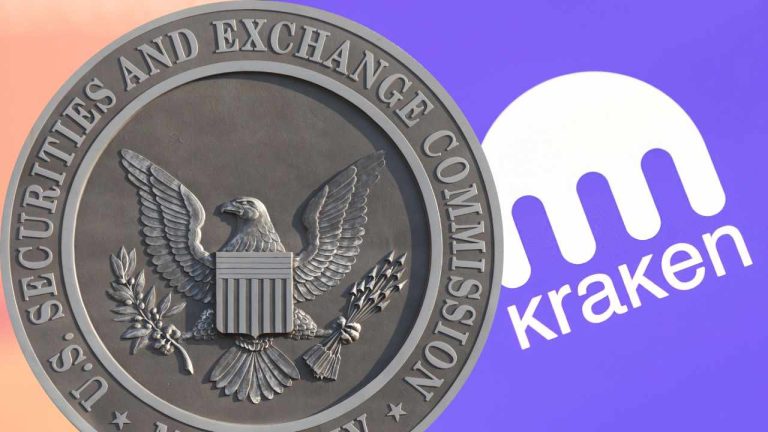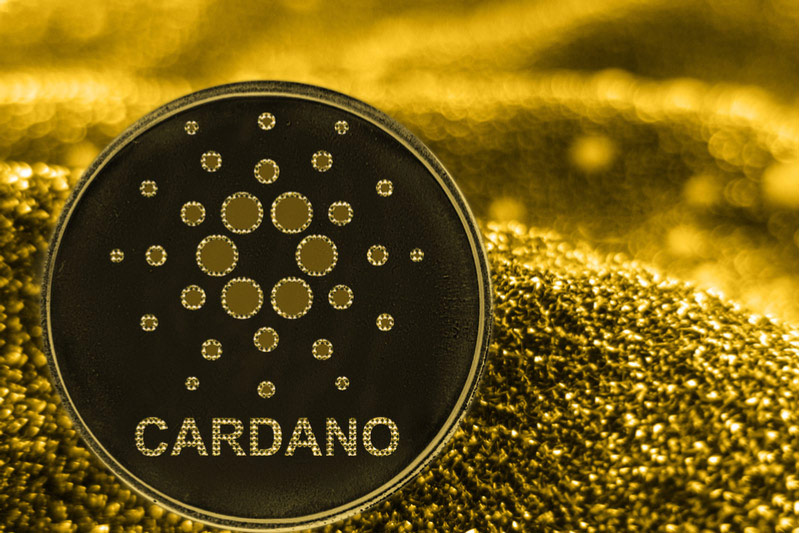The Securities and Exchange Commission escalated its enforcement campaign against the cryptocurrency industry Thursday with a settlement that could imperil a lucrative activity for other major crypto firms. Payward Inc.’s Kraken platform agreed to stop offering so-called crypto staking services in the U.S. and pay $30 million in penalties to the SEC. Staking allows investors to earn a yield by temporarily handing their crypto tokens over to either an intermediary or a cryptocurrency network.

Kraken has agreed to immediately cease offering or selling securities through the staking services and pay $30 million in disgorgement, prejudgment interest and civil penalties. In addition, Payward Ventures and Payward Trading, without admitting or denying the allegations, have consented to the entry of a final judgment that would permanently enjoin them from violating the Securities Act of 1933. U.S. clients will not be able to stake new assets. Previously staked non-ETH assets will be unstaked automatically by the platform. These assets will allegedly return to the client’s spot wallet and will no longer earn rewards.
SEC Chair Gary Gensler commented, “Today’s action should make clear to the marketplace that staking-as-a-service providers must register and provide full, fair, and truthful disclosure and investor protection.” SEC Director of the Division of Enforcement, Gurbir S. Grewal, added, “Today, we take another step in protecting retail investors by shutting down this unregistered crypto staking program.”

The SEC’s growing digital assets enforcement actions add up to an “attack on US crypto companies and retail investors,” according to Kristin Smith, chief executive of crypto lobbyist Blockchain Association. The sentiment has resulted in a US regulatory landscape driven by “regulation by enforcement and undercutting the potential of public blockchain networks,” Smith said in a statement.
The SEC’s most recent maneuver does not appear to affect individual staking efforts and is instead designed to target centralized providers of staking services Kraken, in this case. Jehan Chu, founder of Hong Kong trading firm Kenetic, told Blockworks that even though crypto’s recent surge lacked fundamentals, the regulator’s latest “incursion” on Kraken’s staking isn’t helping matters for traders.
U.S. clients will not be able to stake new assets. Previously staked non-ETH assets will be unstaked automatically by the platform. These assets will allegedly return to the client’s spot wallet and will no longer earn rewards.
Kraken will pay rewards in their non-staked form through February 9. As mentioned, all staked ETH will become unstaked after Ethereum’s Shanghai upgrade and will continue to earn rewards until then. Kraken will not change the payout structure until after the Shanghai upgrade.











